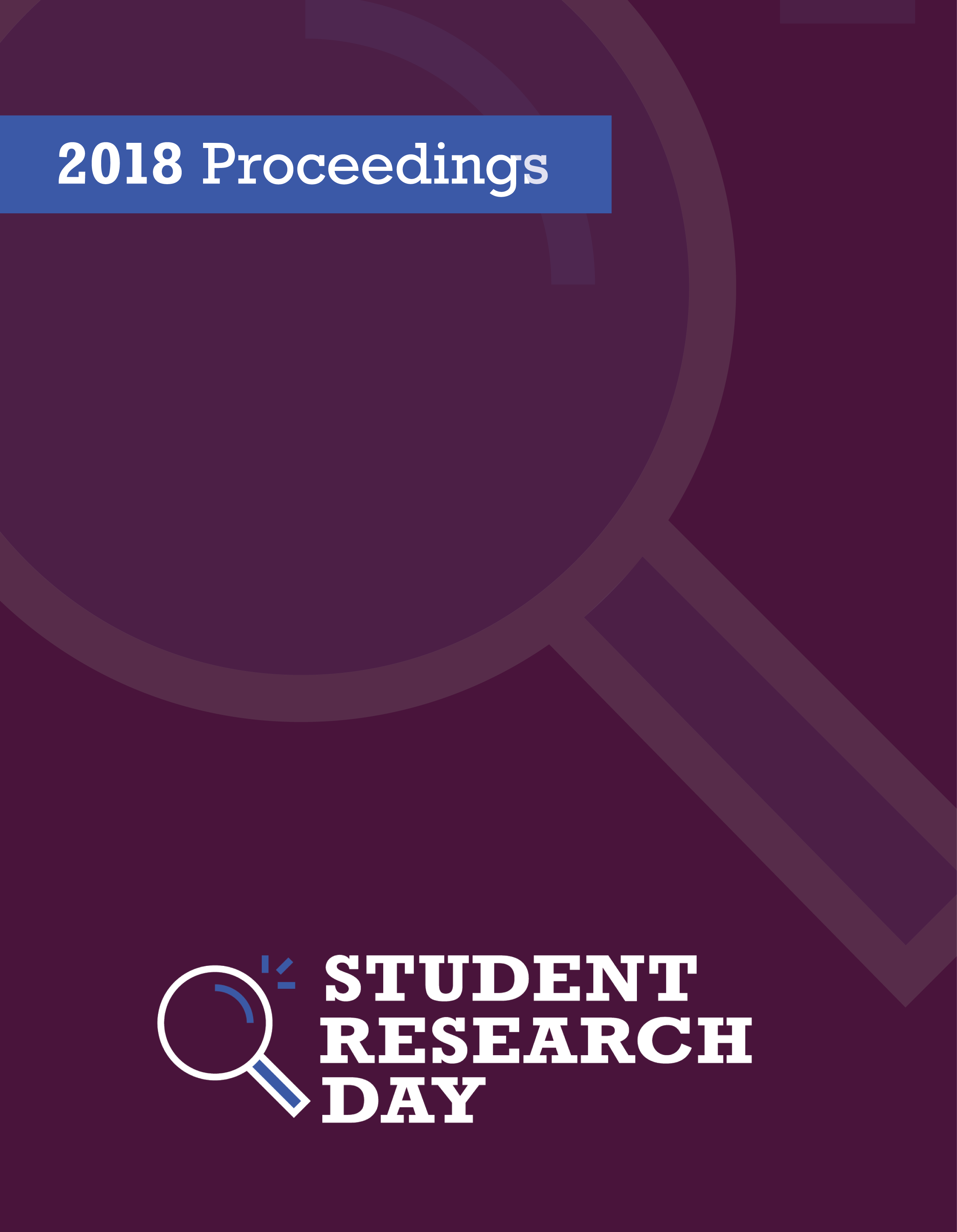Escape Theory and Materialism
An Experimental Paradigm for Self-Blame
Abstract
Escape theory, as proposed by Donnelly and colleagues, identifies six steps that contribute to materialistic behaviour supported by research. Self-blame, the second step, is the most novel component and thus least investigated. In addition, research in materialism is primarily correlational. The present study investigates the second step, self-blame, with an experimental design. A materialist university sample (N = 56) was randomly assigned to a control or self-blame vignette. The self-blame vignette was novel in nature, utilizing the illusion of a choice-based narrative. Participants then engaged in a shopping simulator comprised of products ranging in materialistic value. A subsequent questionnaire then assessed materialistic behaviours and associated cognitions of interest. ANOVAs were then conducted to test between-group differences in behaviour and cognitions, while bivariate analyses tested correlations between such variables. ANOVAs revealed that inducing self-blame caused materialists to be happier with their purchases after a shopping experience than control materialists. Meanwhile, the bivariate analyses extend literature by providing experimental evidence for materialistic behaviour and associated cognitions, including materialists experiencing greater guilt after purchasing more products and spending more money than non-materialists. Future research can continue to enhance the overall effectiveness of self-blame induction methods. Moreover, researchers can also investigate the effect that reducing self-blame has on halting the progression through the six steps of materialistic behaviour proposed in Escape theory. This, in turn, can enhance materialists’ wellbeing.
Discipline: Psychology (Honours)
Faculty Mentor: Dr. David Watson
References
Published
Issue
Section
License
Authors retain any and all existing copyright to works contributed to these proceedings.



